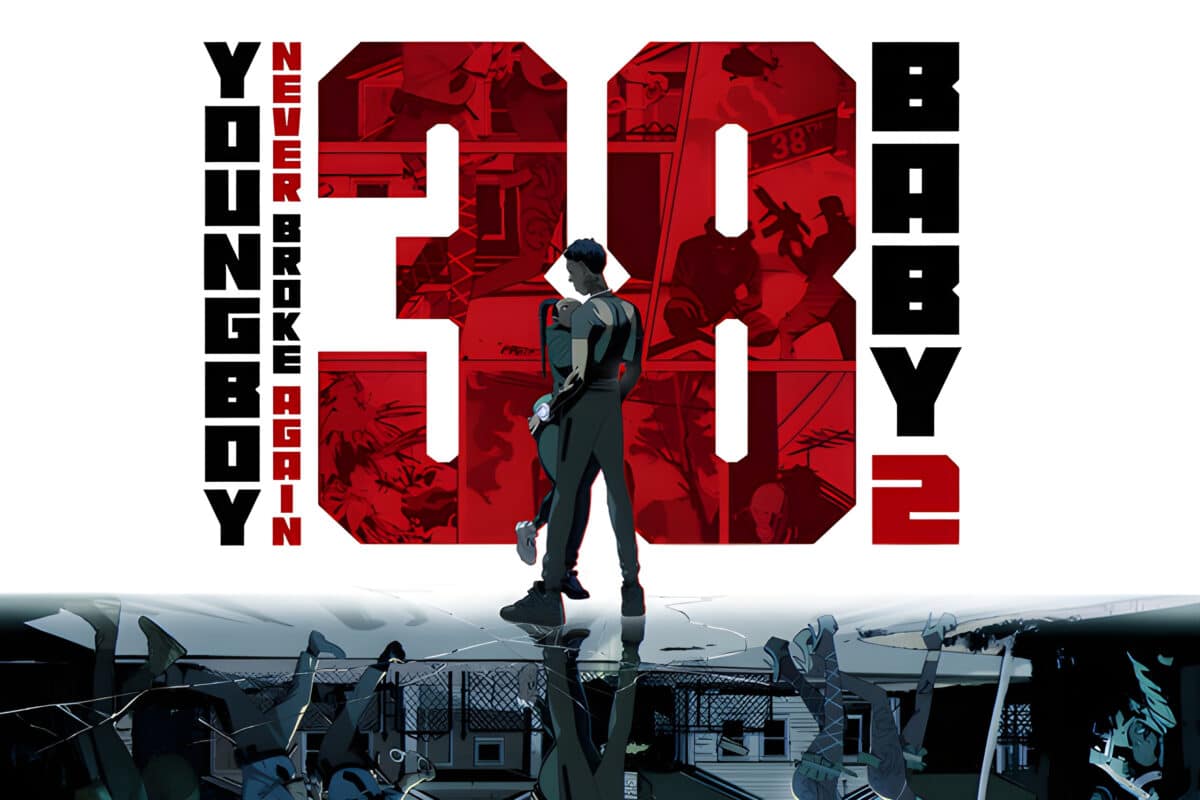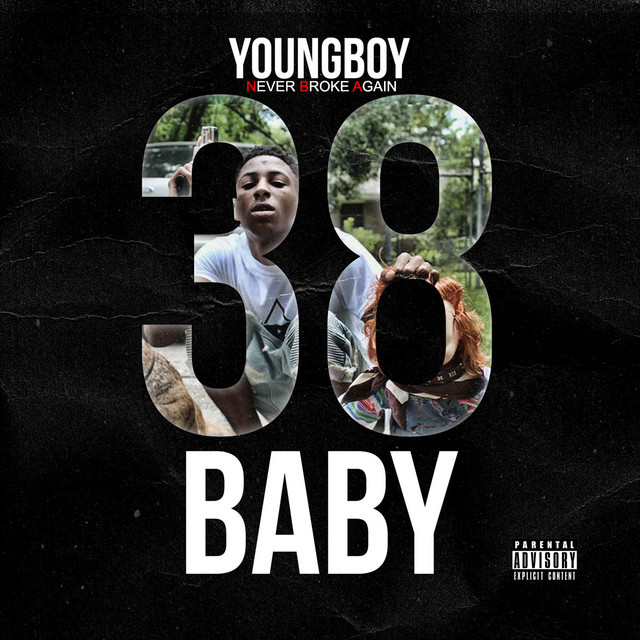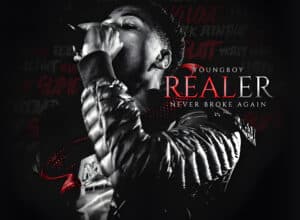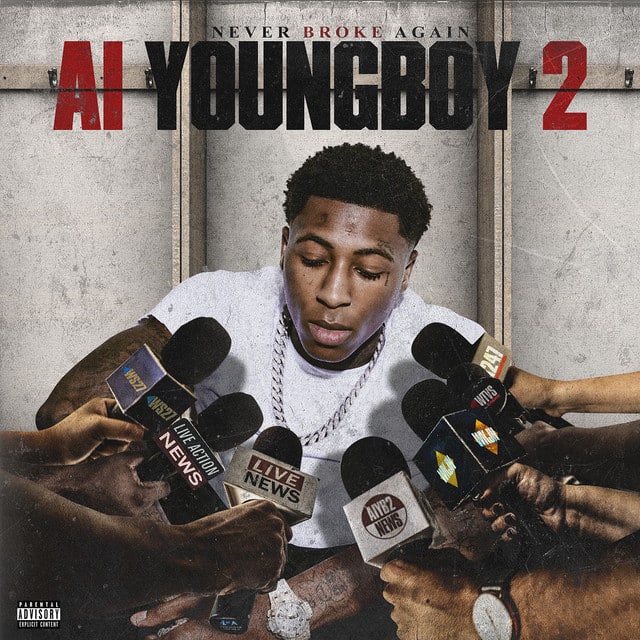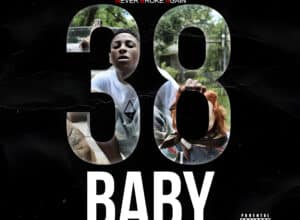Released: 2020
“Thug of Spades” by YoungBoy Never Broke Again featuring DaBaby explores the gritty and uncompromising world of street life. This track reflects on personal struggles, mistrust, resilience, and a deep sense of self-reliance while highlighting the pressure and tension that comes with maintaining a ‘real’ image in the rap game. It presents a narrative steeped in defiance, addressing betrayal and survival, painting a vivid picture of what it means to navigate life under constant scrutiny.
The hook, repeated throughout the song, emphasizes the independence and determination of YoungBoy as he ‘ran it up on his own.’ The phrase ‘put me on’ suggests a request for support or help to rise, yet it underscores how he had to forge his own path because those around him ignored his efforts. The struggle of being disregarded and later perceived as ‘wrong’ even when he’s right suggests a pervasive feeling of alienation despite his achievements.
The opening verse sets a defiant tone, where YoungBoy addresses the criticism and hostility he faces, both from individuals and the system. When he mentions that ‘the judge wanna see me sit back,’ he’s expressing the idea that the judicial system and society are stacked against him, fueled by jealousy or prejudice, yet he remains unfazed and self-reliant. The colorful metaphor about the judge’s daughter highlights YoungBoy’s irreverence towards those in power.
YoungBoy then talks about the contradictions he faces: despite financial success, the fundamental struggle remains the same. His line about ‘pistol packin’’ and dreaming about ‘slangin’ some iron’ represents the constant reality of violence in his life. Even though his status has changed, the underlying issues persist, as he continues to navigate the precariousness of his environment.
In his verse, YoungBoy conveys the relentless drive and determination he maintains despite setbacks. He shares his commitment to staying authentic and dedicated to his values, evident in lines about prioritizing his son’s future over awards like the Grammy. This juxtaposition shows his dedication to a legacy rooted in authenticity rather than superficial success.
YoungBoy further explores the weight of past experiences and current pressures with reflections on time lost to the prison system and personal struggles, admitting that even his mother doesn’t hear from him much as he wrestles with maintaining his standing. He acknowledges the burdens he bears but embraces his ‘rich ass’ status and ensures his family’s welfare as a marker of his triumph.
Transitioning to DaBaby’s verse, there’s a continuation of this gritty narrative, adding layers of confidence and aggression. DaBaby portrays himself as a fearless and lethal figure, unafraid to assert his dominance and protect his circle. Lines like ‘Main nigga, big Rollie, big pistol’ showcase a life of luxury and danger, encapsulating the highs and lows of success in his lifestyle.
DaBaby injects his characteristic bravado with threats and references to notorious figures like Pac, asserting his status and reputation. His casual dismissal of fear, captured in lines about taking on adversaries without flinching, emphasizes his commitment to defending his position and confronting challenges head-on.
The verse continues with a depiction of how street mentality intertwines with everyday life. The imagery of him ‘picking up my daughter from school’ juxtaposed with his preparedness for confrontation—’pushing the buggy in the store with the tool’—underscores the balancing act between personal life and the ever-present potential for violence.
In the final reflection, the emphasis on mistrust and self-preservation surfaces. Both YoungBoy and DaBaby depict a reality where reliance on others is a liability, advocating for self-sufficiency and readiness to respond to threats. The repeating chorus reinforces this mindset, emphasizing that they’ve navigated their path solo, validating their resilience as an integral part of their identity.
“Thug of Spades” effectively illustrates the persistent dichotomy faced by individuals in the rap world: the battle between authenticity and survival in a society that can both uplift and dismantle them. This track is more than a narrative of defiance; it serves as an embodiment of the hustle, underscoring the continuous struggle against systemic obstacles, personal vendettas, and the challenge of staying ‘real’ in a changing world. It’s a raw glimpse into the pressures and victories that shape the identity of YoungBoy Never Broke Again and DaBaby as artists navigating this complex landscape.
